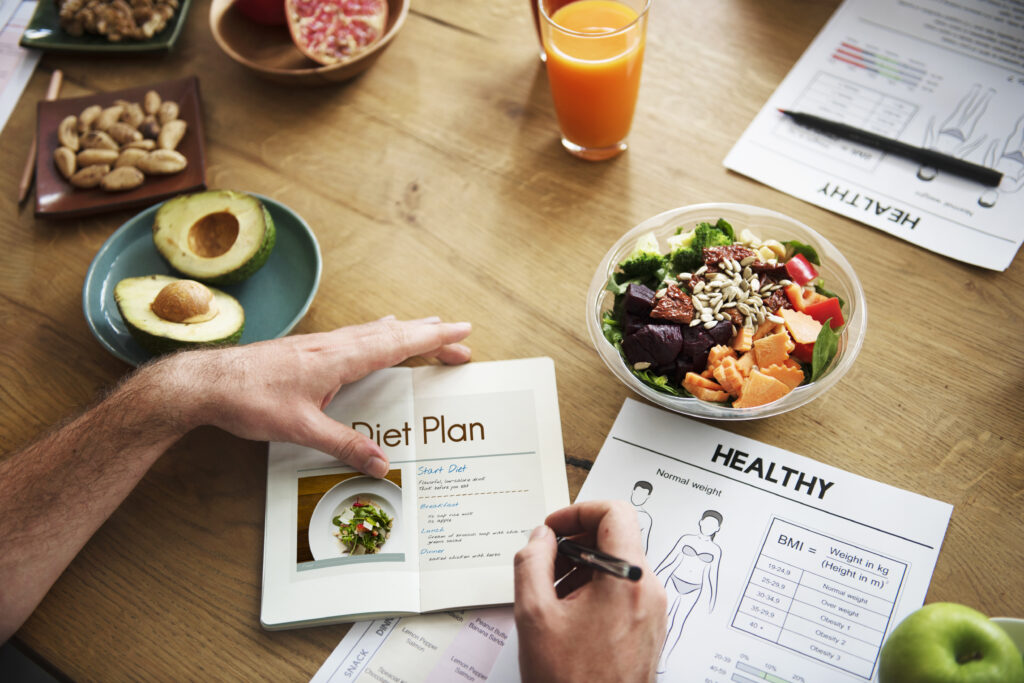Fasting during Ramadan can be difficult for diabetics, especially when deciding what foods to eat at Sahor and Iftar. To effectively manage your diabetes during Ramadan, choose healthy and nutritious foods that will keep you full and energized throughout the day.
- Whole grains, fruits, vegetables, and lean proteins are recommended foods for Sahur because they are high in fiber and low in sugar. These foods can aid blood sugar regulation and provide sustained energy for the day ahead.
- It is critical to avoid overeating during Iftar and instead choose a balanced meal that includes carbohydrates, proteins, and healthy fats. This can help prevent a sudden spike in blood sugar levels and keep you feeling full for longer.
Ramadhan Nutrition Plate Method

The Ramadhan Nutrition Plate Method, which divides your plate into three sections for complex carbohydrates, lean proteins, vegetables and fruits, is a helpful tool for guiding your food choices during Ramadan. This method can help you eat a balanced and nutritious meal while controlling your blood sugar levels.
Looking for dietary advice to help you manage your diabetes during Ramadan? Our doctors at Awam Clinic are here to assist you! Stay energized and healthy during the fast by receiving helpful advice on healthy food choices at Sahur and Iftar. This Ramadan, don’t let diabetes hold you back. Contact us immediately by clicking here to begin your journey to a healthier, more fulfilling fasting experience.
References:
Ramadan Nutrition Plan | NHS. (n.d.). https://www.nestlehealthscience.my/Ramadan-Nutrition-Plan
T. (2019, May 9). What should you eat in Ramadan if you are diabetic. The Times of India. https://timesofindia.indiatimes.com/life-style/food-news/what-should-you-eat-in-ramadan-if-you-are-diabetic/articleshow/69233128.cms


